New book sets out the role of geoscience in achieving a sustainable future
The role of geoscience in achieving the UN Sustainable Development Goals is the subject of a new book edited by staff at the British Geological Survey (BGS) and Geology for Global Development (GfGD), a charity which aims to promote the role of geology in sustainable development.
21/04/2021 By BGS Press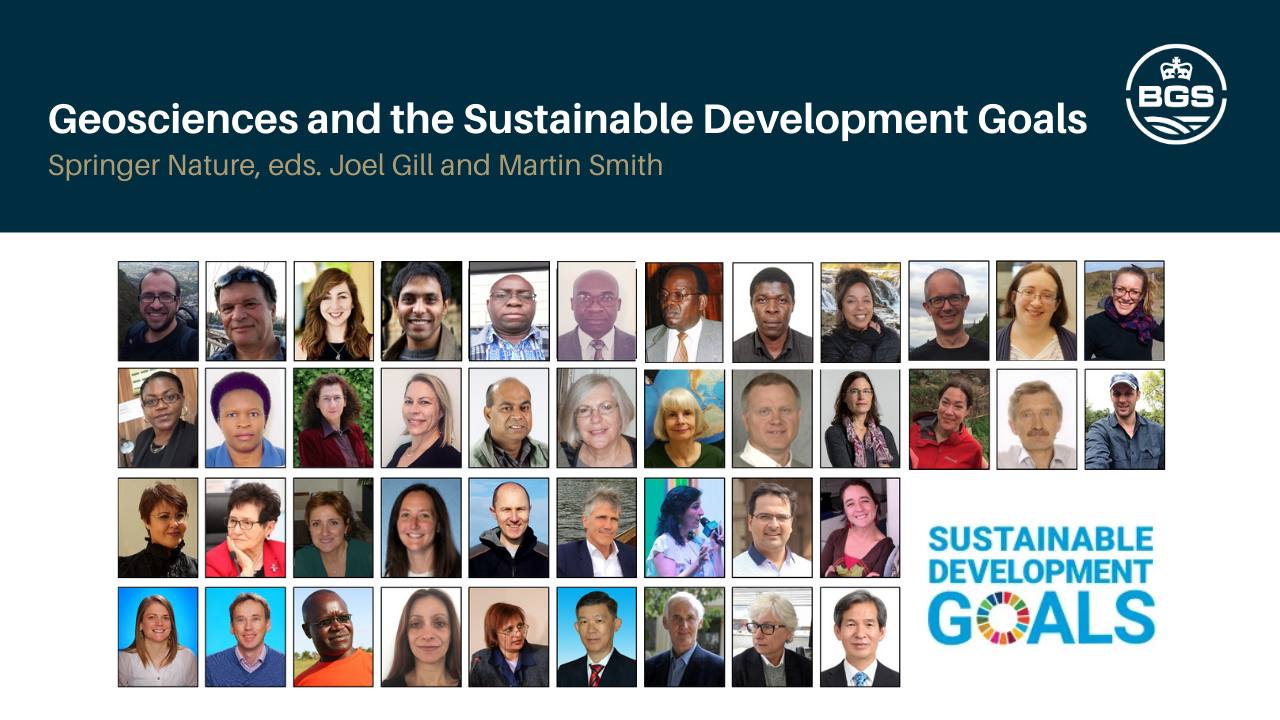
The role of geoscience in achieving the UN Sustainable Development Goals is the subject of a new book edited by staff at BGS and Geology for Global Development (GfGD), a charity that aims to promote the role of geology in sustainable development.
In 2015, global leaders came together at the United Nations to agree 17 Sustainable Development Goals (SDGs), providing a blueprint to create a better and more sustainable world for all with a vision of ‘a world free of poverty, hunger, disease and want, where all life can thrive’.
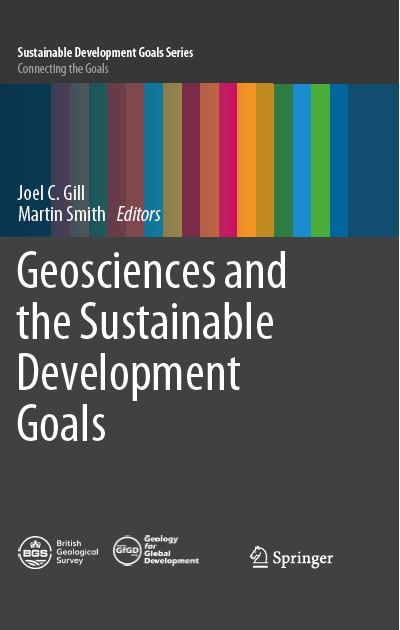
Geosciences and the Sustainable Development Goals, published by Springer-Nature, explores how geoscientists’ understanding of the natural environment is essential to achieving this vision. Edited by BGS International Development Geoscientist, Dr Joel C Gill and BGS Global Science Director, Dr Martin Smith, the book features contributions from 42 authors from across six continents.
The transformational vision of the 2030 Agenda for Sustainable Development demands our attention and action.
Tackling these complex challenges requires interdisciplinary solutions, engagement and participation by diverse groups from across sectors and disciplines. This includes geoscientists. We wrote this book to demonstrate how geoscientists’ understanding of Earth systems, dynamics and resources can support sustainable growth and decent jobs, resilient cities and infrastructure, access to basic services, food and water security, and effective environmental management.
We hope it will support geoscientists, in all sectors and specialisms, to play their part in securing a sustainable and equitable future for all.
Dr Joel Gill, BGS International Development Geoscientist
Although geoscientists are encouraged to take an active role in achieving the SDGs, sustainability concepts are not always included in the traditional education of many geoscientists, which could limit their ability to engage with them in a meaningful way.
The book takes readers through 17 chapters, each exploring how geoscience contributes to the 17 SDGs through the diverse perspectives and examples of the global authors.
It discusses a range of themes from ethics, to equity, conduct, and partnerships, as well as exploring many varied aspects of geoscience such as water, energy, minerals, engineering geology and geological hazards.
Dr Gill added:
This book is both a call-to-action and a reminder that ensuring lasting, positive change depends on how we work and our commitments to ethical practice, strong partnerships, integrity, and diversity, equality and inclusion.
Each chapter includes learning resources to help educators contextualise and apply the substance of the book.
The book is delivered by BGS and Geology for Global Development, which was made possible by National Capability funding from the Natural Environment Research Council (NERC), as part of Geoscience for Sustainable Futures.
Relative topics
Further information
Please contact Dr Joel C. Gill and Dr Martin Smith
Book Website: Geosciences and the Sustainable Development Goals | SpringerLink
Further Resources
Podcast (January 2021): Sustainable Development Goals with Dr Joel Gill – British Geological Survey (bgs.ac.uk)
Blog (September 2020): New Book: Geosciences and the Sustainable Development Goals / / by Joel Gill and Martin Smith (britgeopeople.blogspot.com)
External Blog (February 2020): GeoLog | GeoTalk: Joel Gill discusses the UN’s Sustainable Development Goals and the ‘Decade of Action’ (egu.eu)
Related news
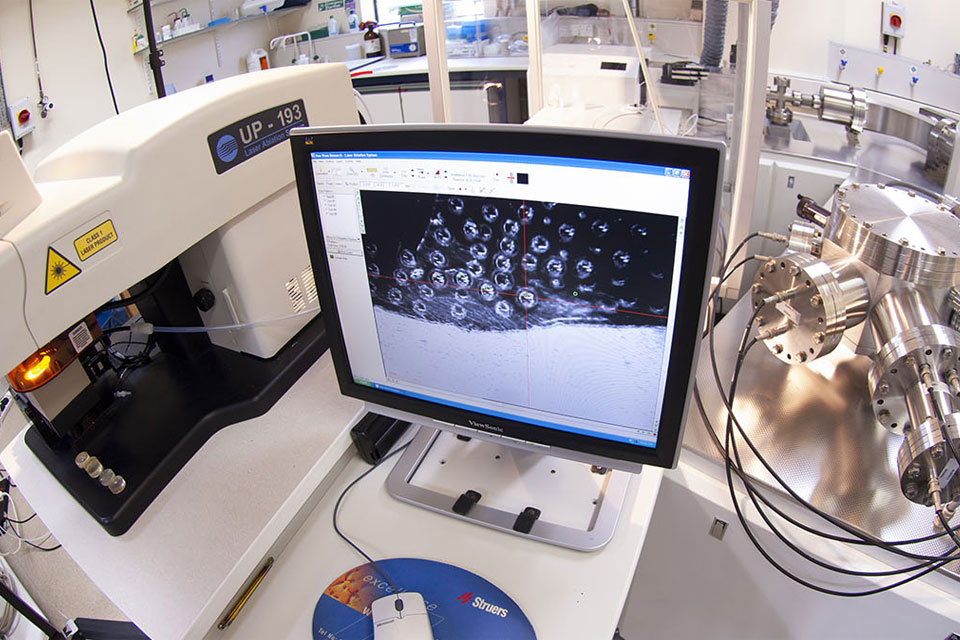
Call for new members and Chair to join the NERC facilities steering committees
25/02/2026
New members are needed to join the committees over the next four years.
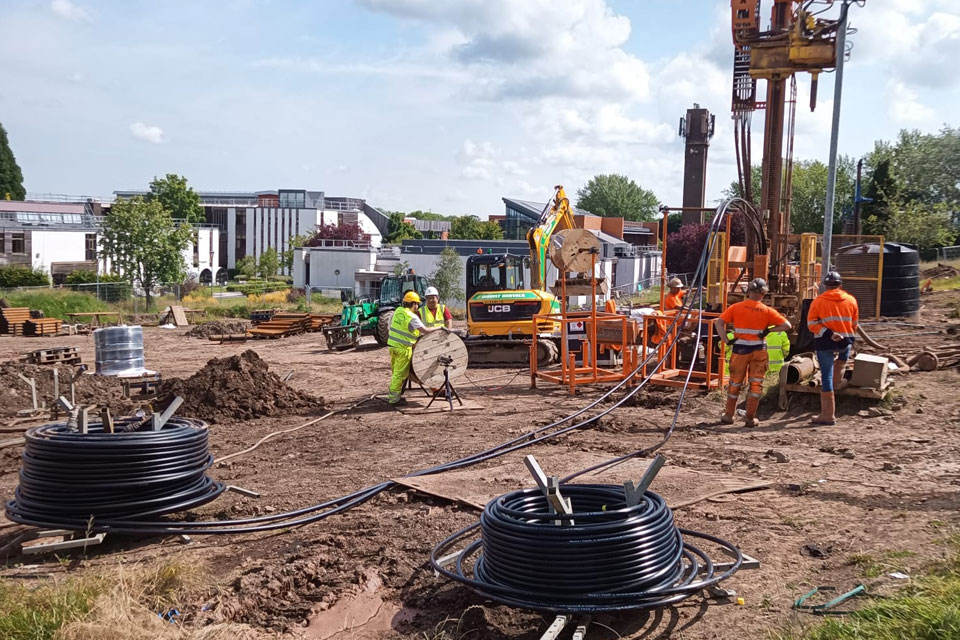
Your views wanted – developing a ‘Geothermal energy subsurface data portfolio’
24/02/2026
BGS is aiming to support the growth of the sector by providing the best-available, location-specific geothermal and ground source heat information as an accessible product or service.
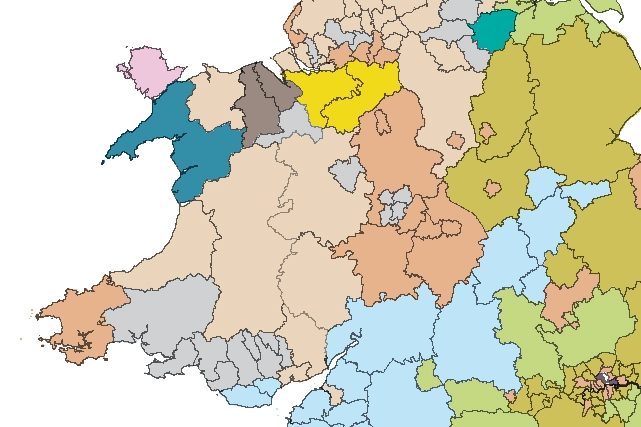
Map of BGS BritPits showing the distribution of worked mineral commodities across the country
18/02/2026
BGS’s data scientists have generated a summary map of the most commonly extracted mineral commodities by local authority area, demonstrating the diverse nature of British mineral resources.

Funding awarded to map the stocks and flows of technology metals in everyday electronic devices
12/02/2026
A new BGS project has been awarded Circular Electricals funding from Material Focus to investigate the use of technology metals in everyday electrical items.

New UK/Chile partnership prioritises sustainable practices around critical raw materials
09/02/2026
BGS and Chile’s Servicio Nacional de Geología y Minería have signed a bilateral scientific partnership to support research into critical raw materials and sustainable practices.

Extensive freshened water confirmed beneath the ocean floor off the coast of New England for the first time
09/02/2026
BGS is part of the international team that has discovered the first detailed evidence of long-suspected, hidden, freshwater aquifers.

Funding secured to help mitigate ground risk in UK construction sector
05/02/2026
The BGS Common Ground project has been awarded new funding to help unlock the value of ground investigation data.

Can sandstones under the North Sea unlock the UK’s carbon storage potential?
02/02/2026
For the UK to reach its ambitious target of storing 170 million tonnes of carbon dioxide per year by 2050, it will need to look beyond the current well-studied geographical areas.

Quaternary UK offshore data digitised for the first time
21/01/2026
The offshore wind industry will be boosted by the digitisation of a dataset showing the Quaternary geology at the seabed and the UK’s shallow subsurface.

Suite of ten new soil reference materials released
02/01/2026
BGS has a longstanding track record of producing high-quality reference materials and has released ten new soil reference materials.

Perth and Kinross tops the UK’s earthquake activity charts for 2025
29/12/2025
Seismologists at BGS have published data on the number of seismic events over the past 12 months with over 300 earthquakes recorded.

BGS awarded funding to support Malaysia’s climate resilience plan
17/12/2025
The project, funded by the Foreign, Commonwealth & Development Office, will focus on minimising economic and social impacts from rainfall-induced landslides.


